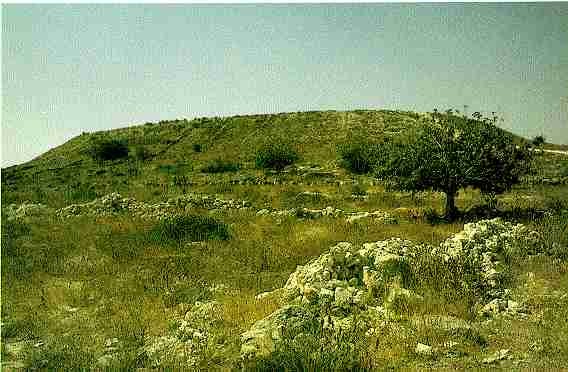“Hosanna” by Hillsong does a good job presenting the truth of these verses.
This is a Royal Psalm
This Psalm is ascribed to 2 Samuel 22.1-51. Although it is presented at this point in 2 Samuel, it is ascribed to God delivering David from his enemies including Saul. Since Saul dies in 1 Samuel 31, historically it would fit here in our chronological study of the Old Testament.
- Verses 1-3-David gives God the praise for deliverance from his enemies. In the superscription, Saul is differentiated from David’s enemies. After all that Saul did to David, David still would not count Saul as one of his enemies. How do we treat those in our sphere of influence? Do we count all who are against us as our enemies, even if they once were friends? Do we give God credit for deliverance from all our enemies? When we stand at the end of the day, do we praise Him for bringing us through that day?
David also uses a strong word for love in these verses. Beyond this chapter, this love is used exclusively for God’s love for man. 2 Samuel 22 does not include this verse because it is more a public matter than the private matter of Psalm 18.
David sates that he will cause God’s glory to shine. This is the essence of “halal” or praise and is the root of hallelujah.
- Verses 4-5-This verse reflects Psalm 116, in particular verse three. David expresses how he viewed life and how he perceived the situations in which he found himself. How honest are you before God about your life circumstances?
- Verse 6-Again, David cries out to God expecting Him to hear David’s pleas. When we pray, do we think God will answer or even hear us?
- Verses 7-15-These verses are reflected throughout the Scripture. Three places in particular are Psalm 29.3-9, Psalm 144.5-6, and Isaiah 30.30. The crux of these verses is that when God comes to the earth, it will be unmistakable that God is here. When we proclaim that we are believers, is it unmistakable for those around us?
- Verses 16-19-God does deliver us from the hands of our enemies. Water in the Scripture usually denotes trouble. Do we lean on God or on our own strength to get us through the day? Paul reminds us that each day has enough evil of its own (Ephesians 5.16). In order for us to get through the day, we need to remember to call on the one who can set our feet on solid ground.
- Verses 20-24-These verses seem to echo Saul’s words to David in 1 Samuel 24.19 and 1 Samuel 26.23. Could we say the same as David does here? Only in Christ. Romans 3.23-24 and Romans 4.23-24 remind us that only in Christ do we have righteousness.
- Verses 25-30-Kevin Prosch put music to Revelation 15.3-4 and wrote “King of Saints.” I have not been able to find a recording of it. If someone has, let me know, it is worth listening to. Is our confidence solely in the hand of God or do we attempt to create our own strength and power? If the latter are true, we will fail.
- Verses 31-42-Deuteronomy 32-33 and 1 Samuel 2.2 reflect the words that God is our Rock. Habakkuk 3.19 gives the picture of God placing our feet on firm ground.
- Verses 43-45-David recalls what God has done for him and gives God the credit.
- Verses 46-48-Once again, David gives God the credit and praises Him for all that He has done.
- Verses 49-50-Romans 15 reminds us that we need to praise God wherever we go just as David does here (verse nine quotes this Psalm).
When the day is over, do we remember that it is God who enabled us to make it through the day? If so, have you praised Him for it? More often than not, when we are successful we take the credit (pride) and when we fail we blame God (pride).
